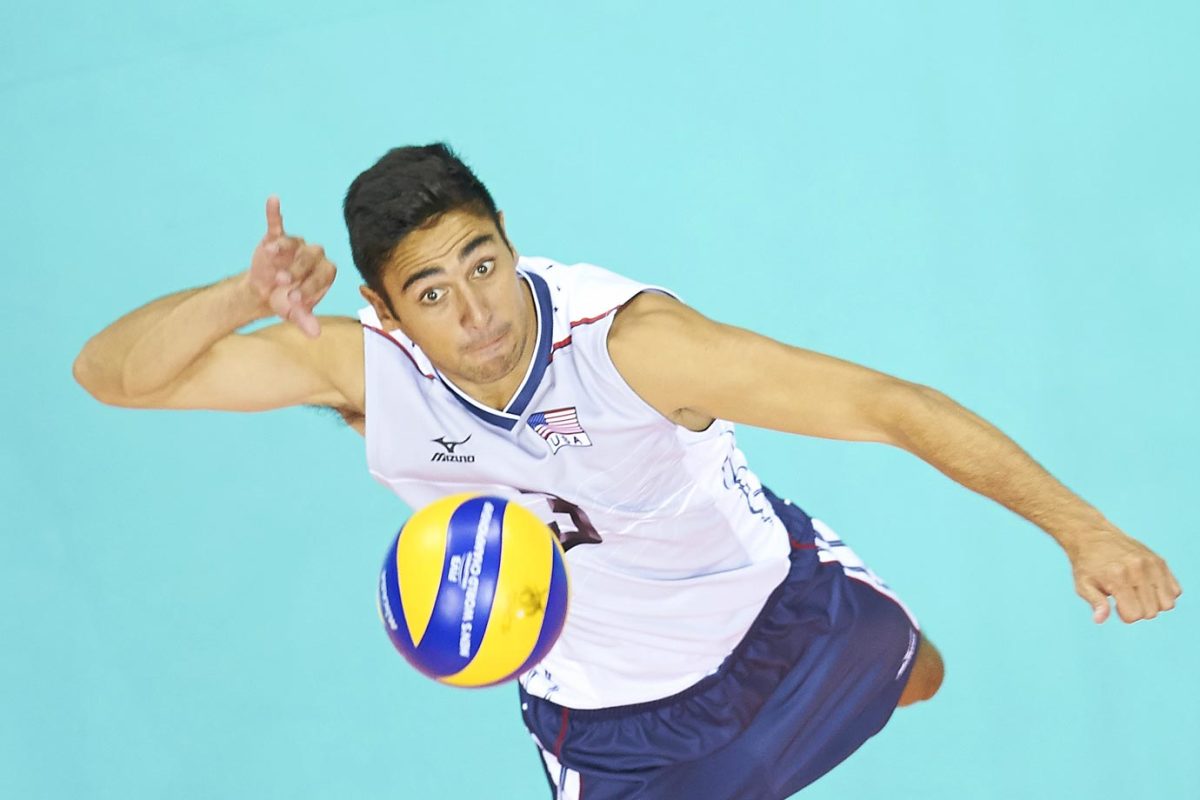Nearly 20 years later, Kerri Strug's success extends far beyond Olympics
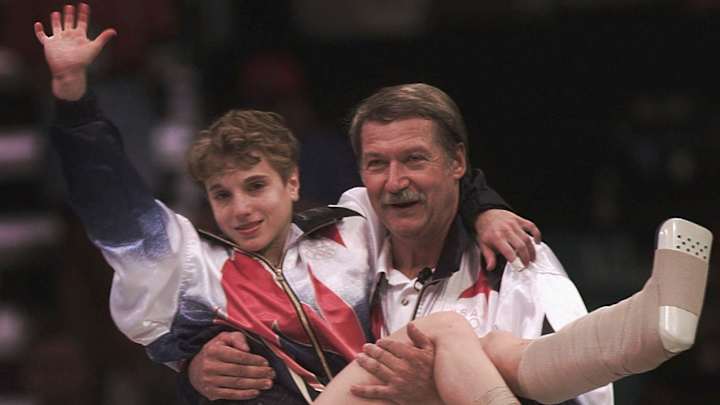
NEW YORK — Kerri Strug’s place in American lore is as unyielding today as her gold medal-clinching vault landing was almost 20 years ago in the 1996 Summer Olympics.
The moment—a nearly perfect landing amid tendon damage and a sprained ankle to give the “Magnificent Seven” and the United States Gymnastics Team its first-ever all-around Olympic gold medal—made Strug a national heroine and remains a fervent reminder of the very ethos of American culture.
“Persistence, perseverance, precision,” Strug said in a phone interview last week in partnership with Epson’s “Swimming in Ink” event in New York City. “Those are key elements that are critical to not only being successful in the athletic arena, but also in the arena of life.”
Strug, now 37, has heeded her own advice throughout the two decades that have transpired since she tearfully sang the national anthem on a podium with her teammates after defeating the Russians in the Atlanta Games. She relied on it to graduate from Stanford University with a bachelor’s degree in 2001, and soon after, a master’s degree in sociology. She also holds on to it today as a program manager for the U.S. Department of Justice’s Office of Juvenile Justice and Delinquency Prevention.
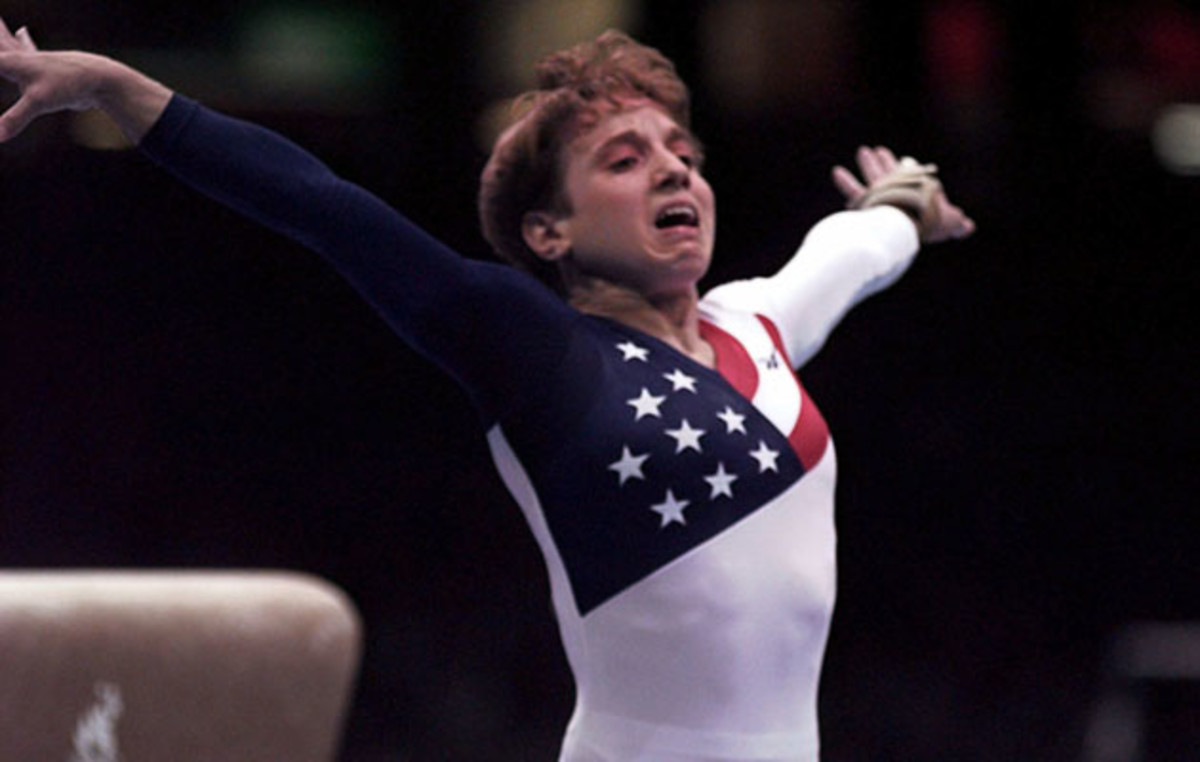
Since retiring from gymnastics after the ’96 Olympics, Strug has used lessons learned through both her studies and athletic pursuits to make a difference for high-risk youths across the nation. “Gymnastics really brought me out of my shell and completely changed the trajectory of my life,” she said. “Now the work I do is making a difference across the nation, making sure that youths who don’t have the opportunities I was given are taken care of and given opportunities to be the best they possibly can be.”
Unlike many other athletes who reach the pinnacle of their respective sports, Strug has not viewed her Olympic crowning moment as her life’s crowning moment. She and her husband, Robert, have two children, 3-year-old Tyler and 1-year-old Alayna, whom she credits as being her most notable successes. “Being a mom is the greatest accomplishment of my life,” Strug said. “I think your definition of success and defining moments changes and evolves as life moves forward. The ’96 Games gave me an amazing moment that means so much to me, but I’ve had many more moments since that have been even more important to me and my family.”
While her work and family life have since taken precedence over the sport and moment that made her an American paragon, Strug is keen to recall her Olympic glory days. “I’m very fortunate because I get to relive that moment on a regular basis,” said Strug, who has been to every Summer Games since ’96. “Every Olympic year it comes back. It seems just like yesterday.”
Obstacles still remain in readying host city Rio de Janeiro for 2016 Olympics
And like it was yesterday, Strug cites the Atlanta Games as being about more than just the medal that hung from her neck and the subsequent fanfare she garnered. To her, the ’96 Olympics had more cultural significance for American female athletes than anything else. “It was a catalyst for women in sports,” Strug said. “We were the first generation to really see the success of Title IX.” With gold-medal victories coming for the U.S. women’s gymnastics, soccer, basketball and softball teams in Atlanta, Strug and her fellow red-white-and-blue-donning Olympians helped ignite the mainstream emergence of women in American sports. “Since those Games, the progress has just catapulted and female athletes now have a shot at doing whatever it is they want to do.”
Some of those athletes Strug alludes to include USA Gymnastics standouts Simone Biles, Gabby Douglas and Bailie Key, who will have an opportunity to achieve their own Olympic glory at next summer’s Rio Games. Following the second-ever team gold medal for the Americans at the London Olympics in 2012, the U.S. is poised for yet another commanding performance in 2016. “They’ve been completely dominating the rest of the world for the last few years, and I expect that to continue in Rio,” said Strug, who hopes to be present in Rio with her family. “We have an A team, a B team and a C team that could dominate, so it’s going to be very exciting."
Though it’s been longer now than she was old when she stuck her final vault landing, secured gold and was carried off by coach Béla Károlyi like a proud father cradling his firstborn, Strug never fails to honor the moment, and the sport, that helped shape her life and the person she is today.
“I’ve had so many opportunities that I never even dreamed were possible for me,” she said. “And for that, I’ll be forever indebted to the sport of gymnastics. There will always be a special place in my heart for the Olympic Games.”
GALLERY: U.S. ATHLETES TO WATCH FOR RIO 2016
U.S. Athletes to Watch for Rio 2016 Olympics
Simone Biles, Gymnastics
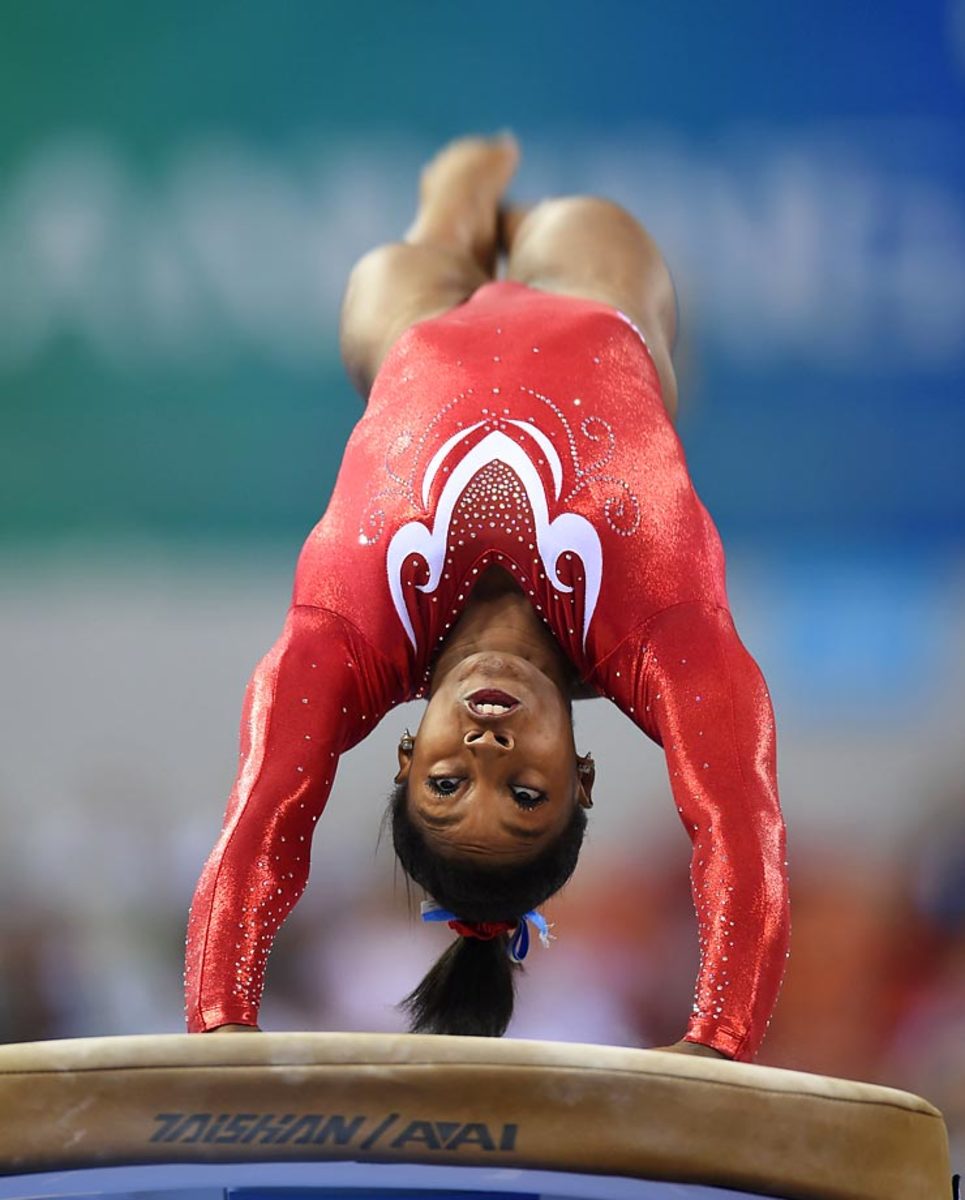
Here are the top U.S. athletes to watch that could compete for medals at the Summer Olympics in Rio 2016.
Michael Phelps, Swimming
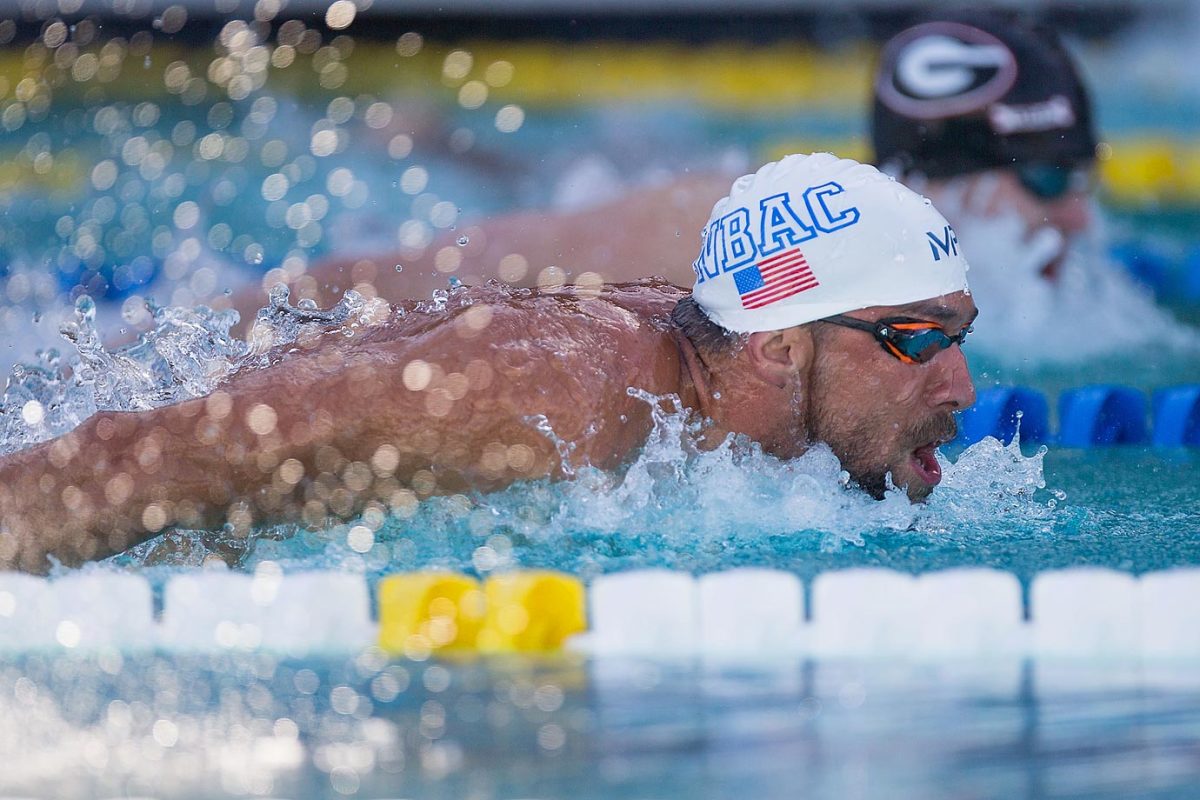
Carli Lloyd, Soccer
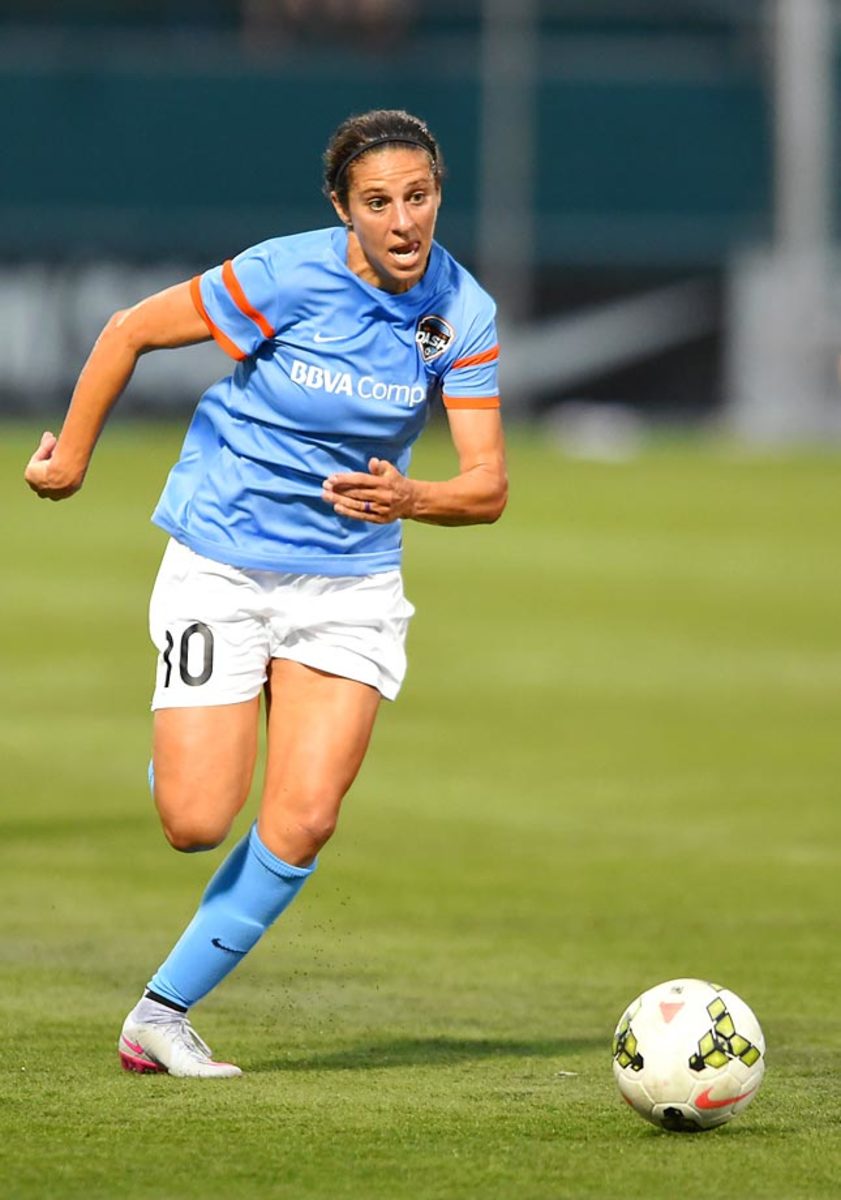
Justin Gatlin, Track & Field
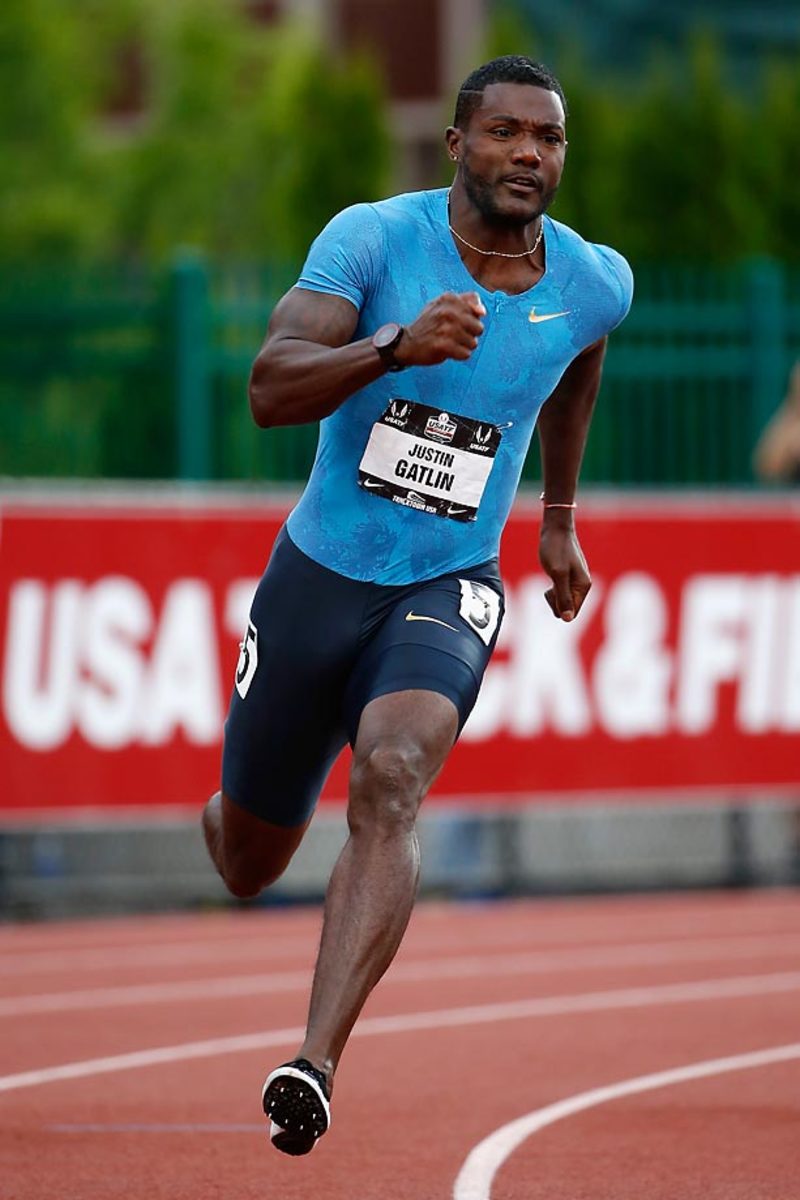
Missy Franklin
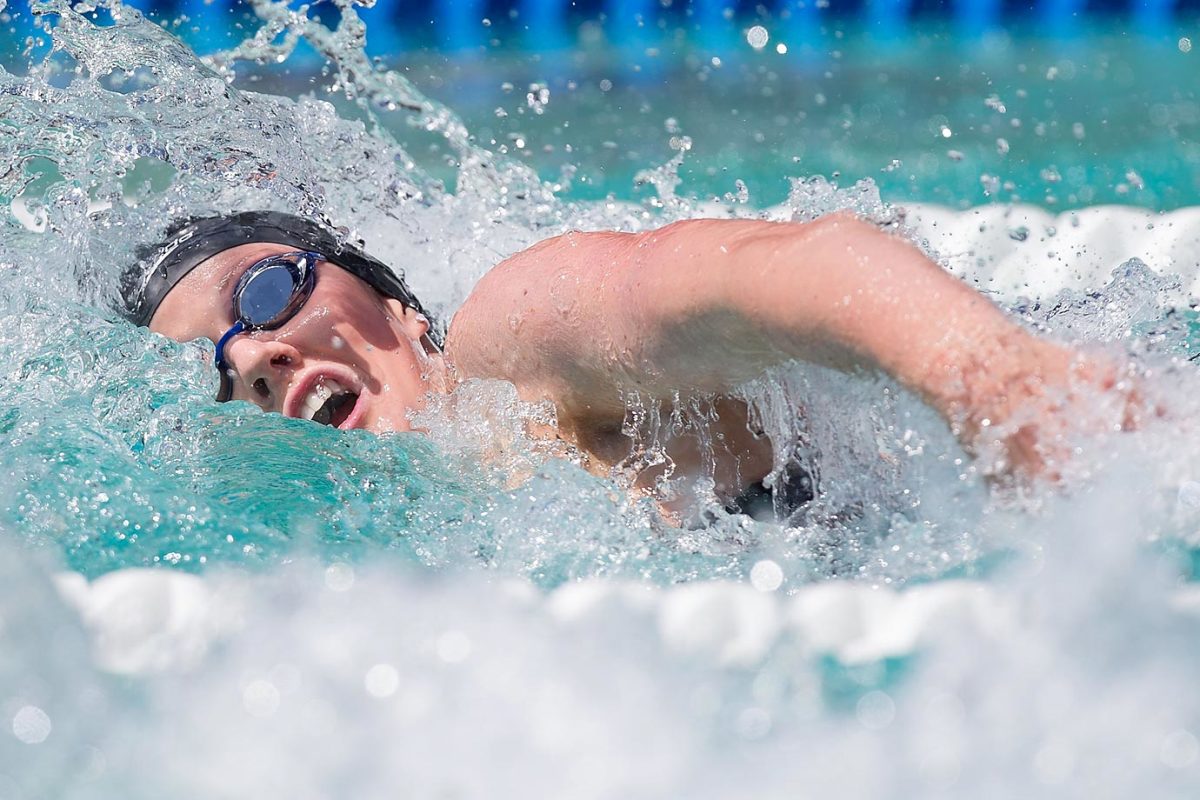
Adeline Gray, Wrestling
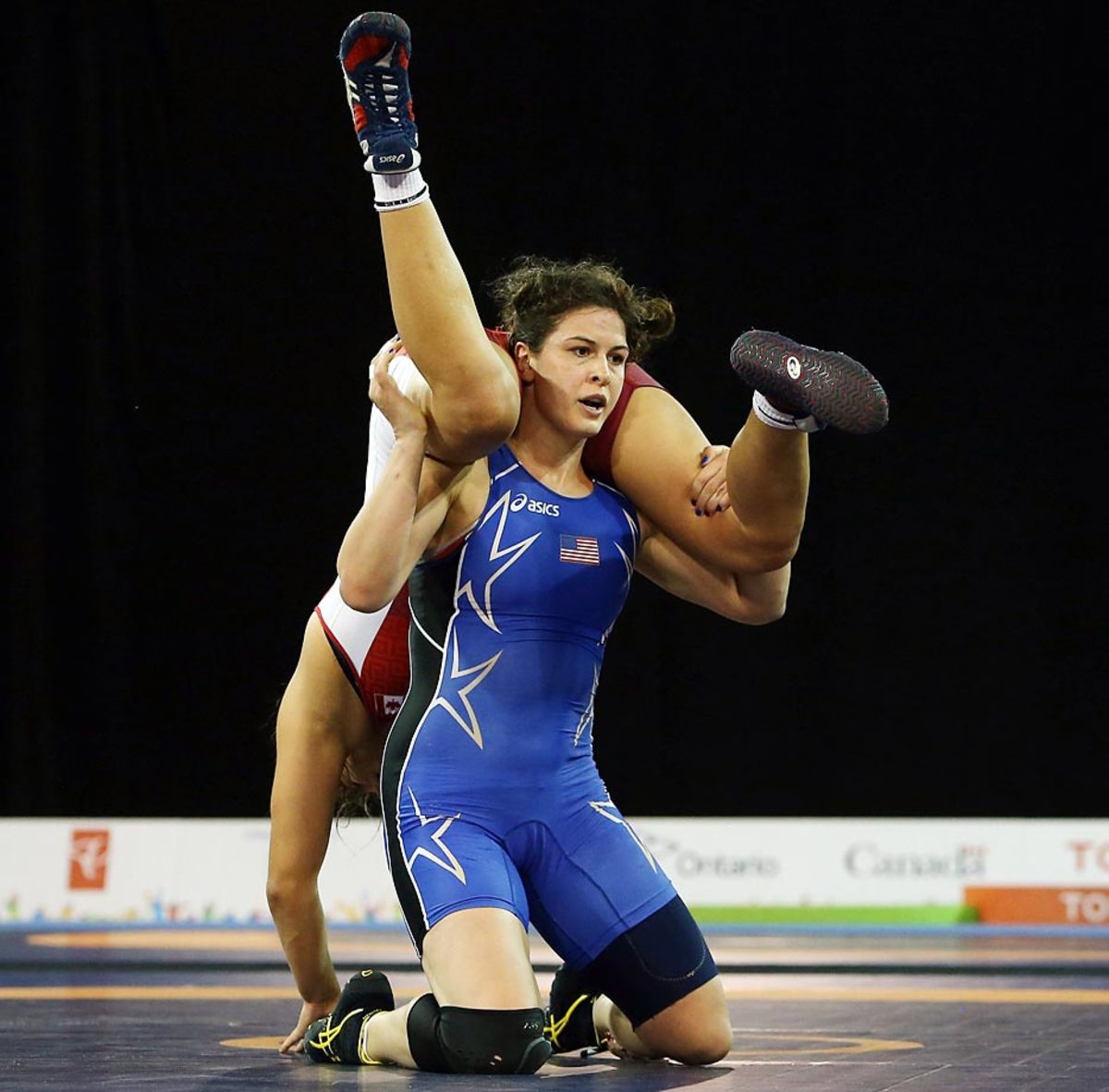
Evan Jager, Track & Field
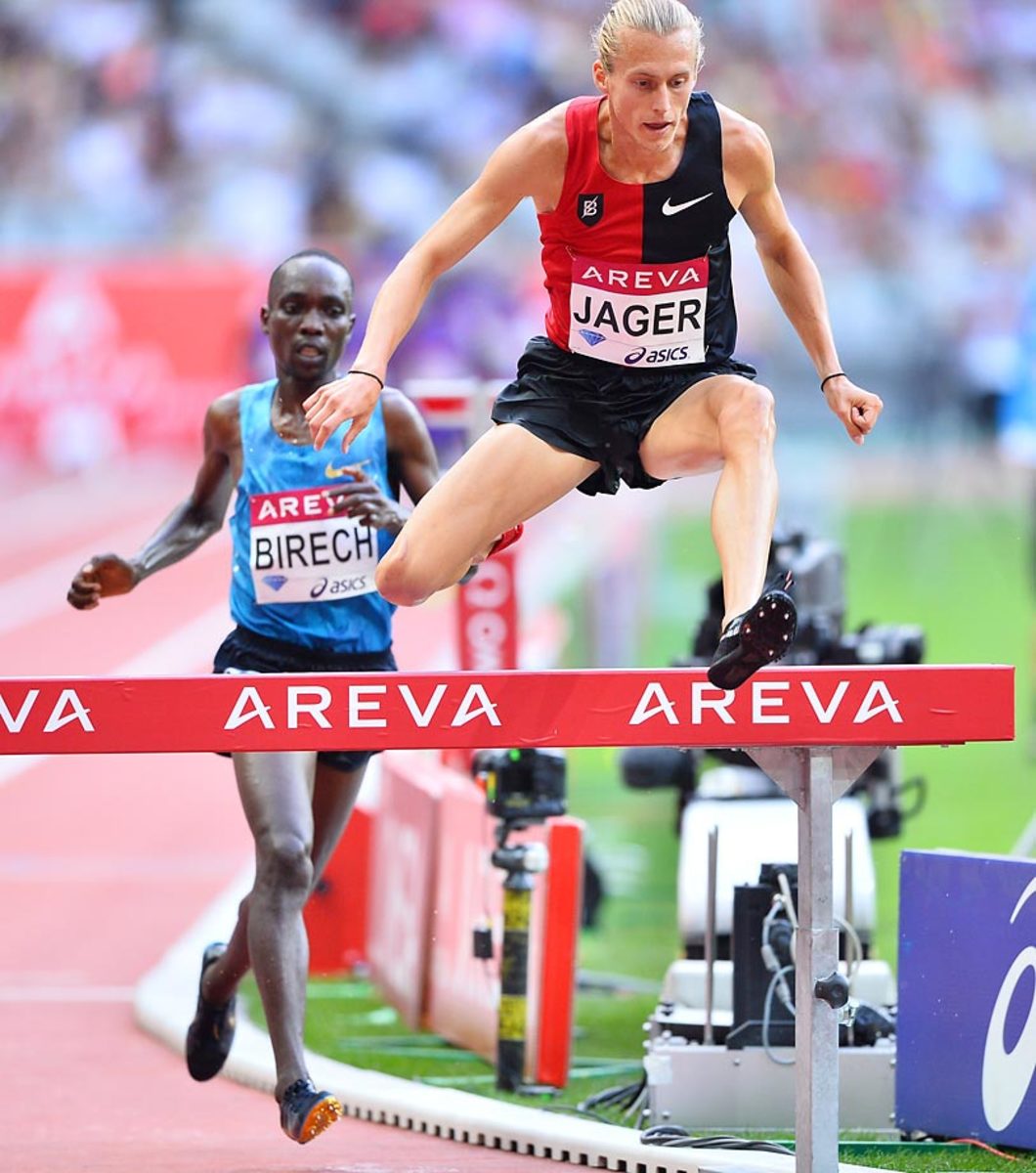
Ajee Wilson, Track & Field
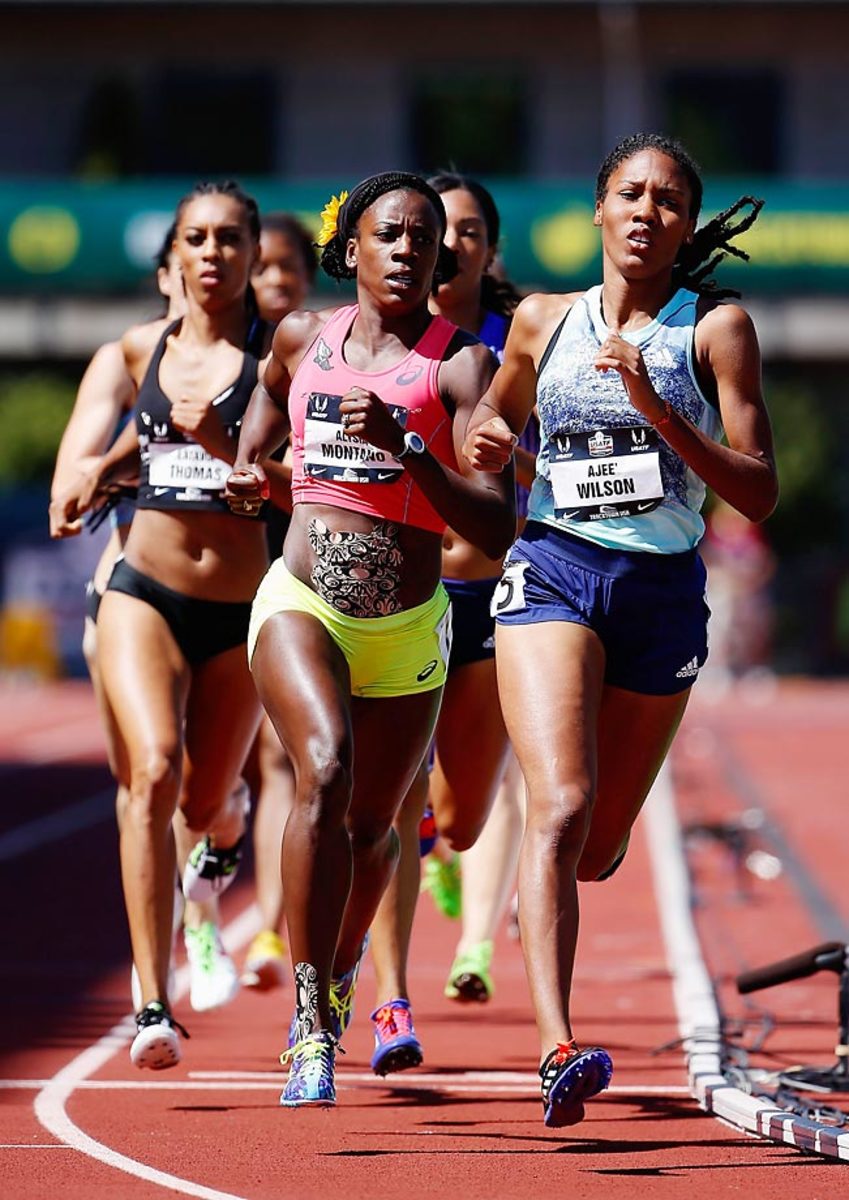
Serena Williams, Tennis
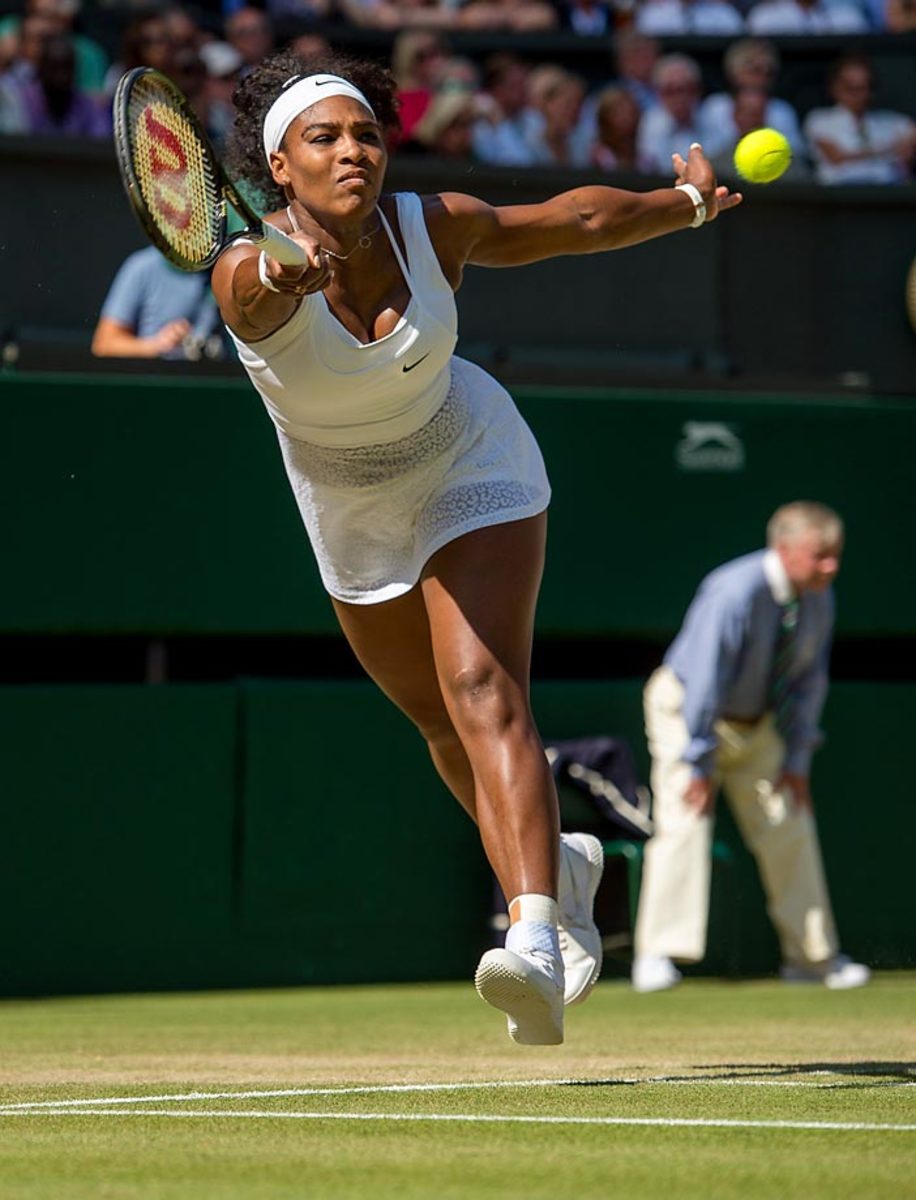
Brittney Griner, Basketball
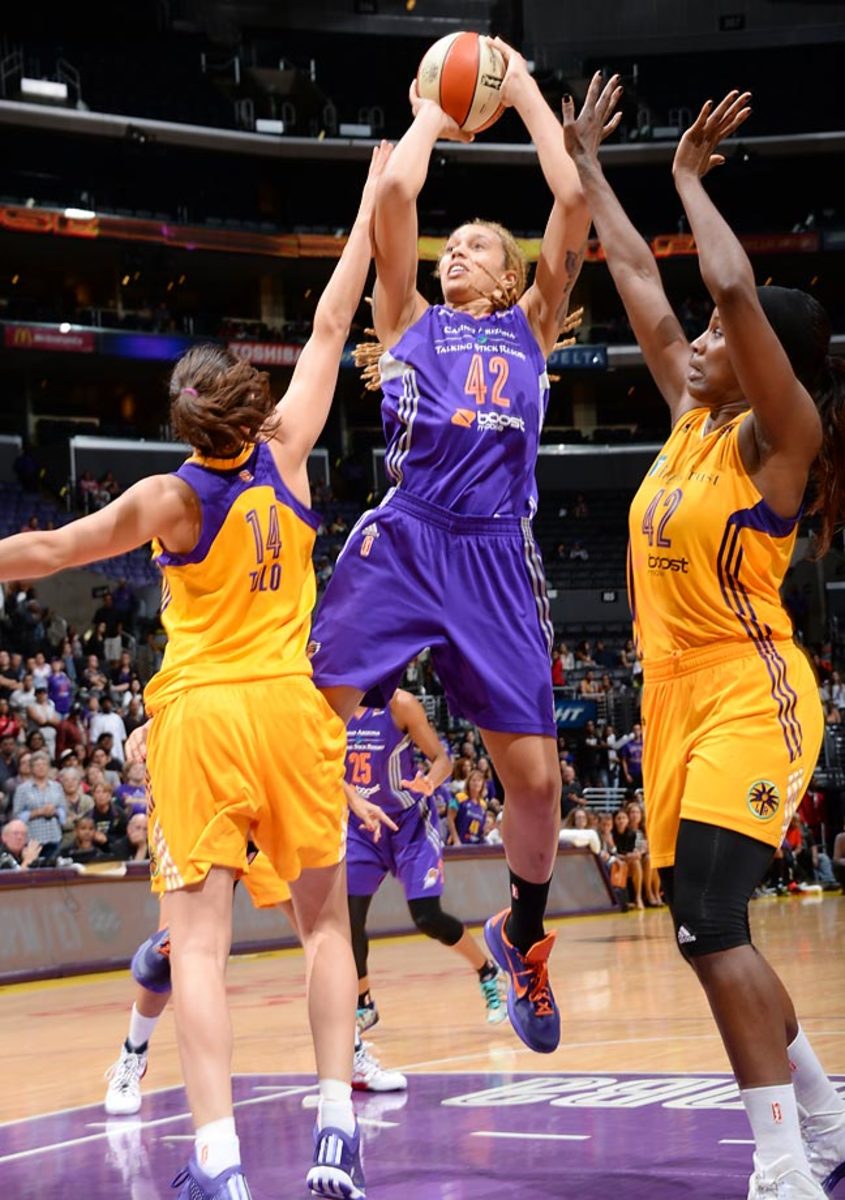
Cam Awesome, Boxing
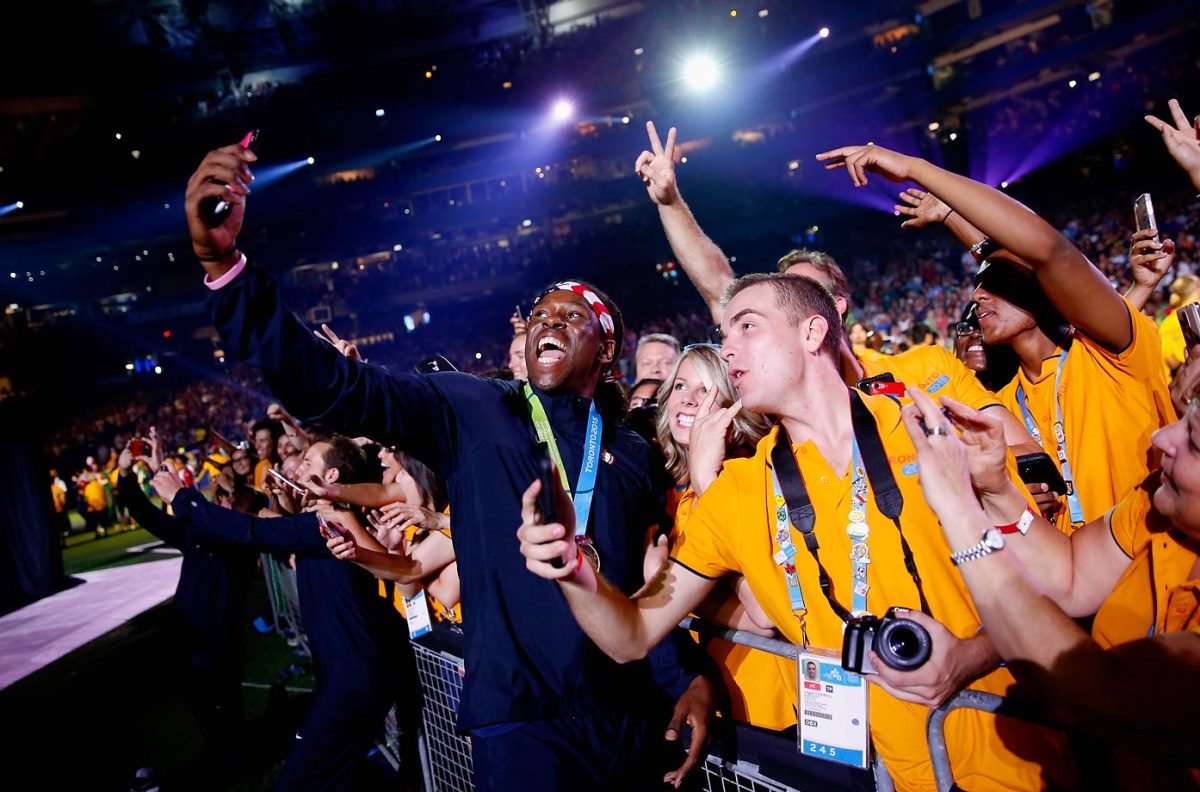
Joe Kovacs, Shot Put
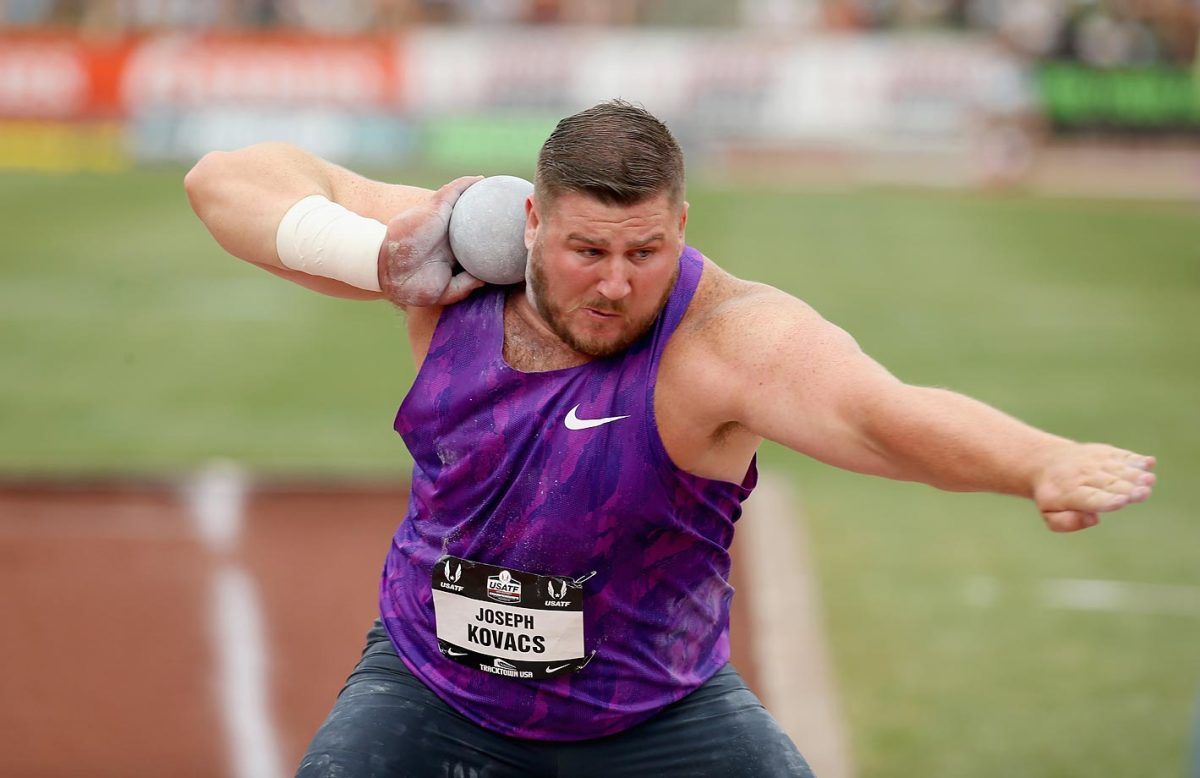
Diana Taurasi, Basketball
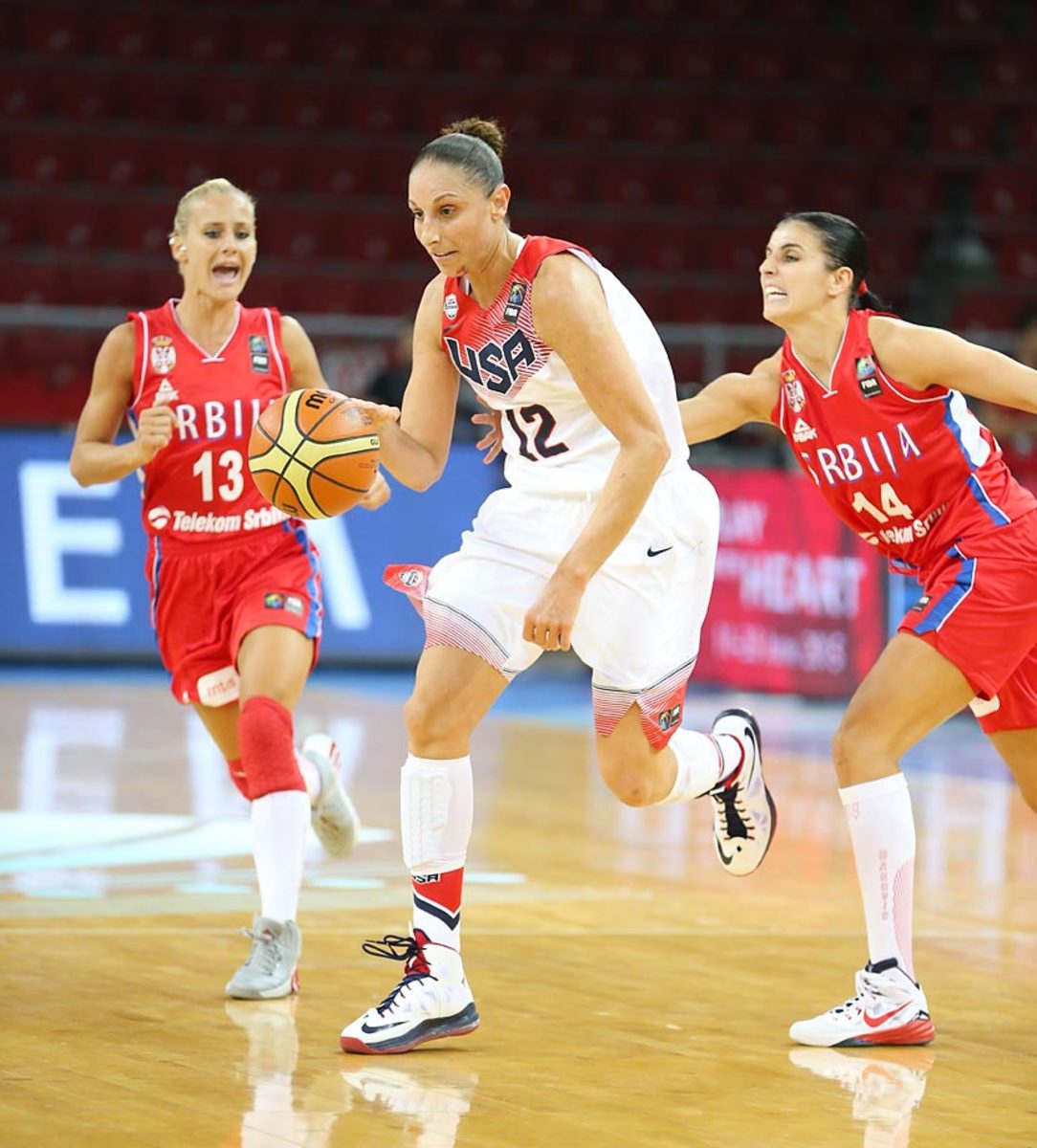
Katie Ledecky, Swimming
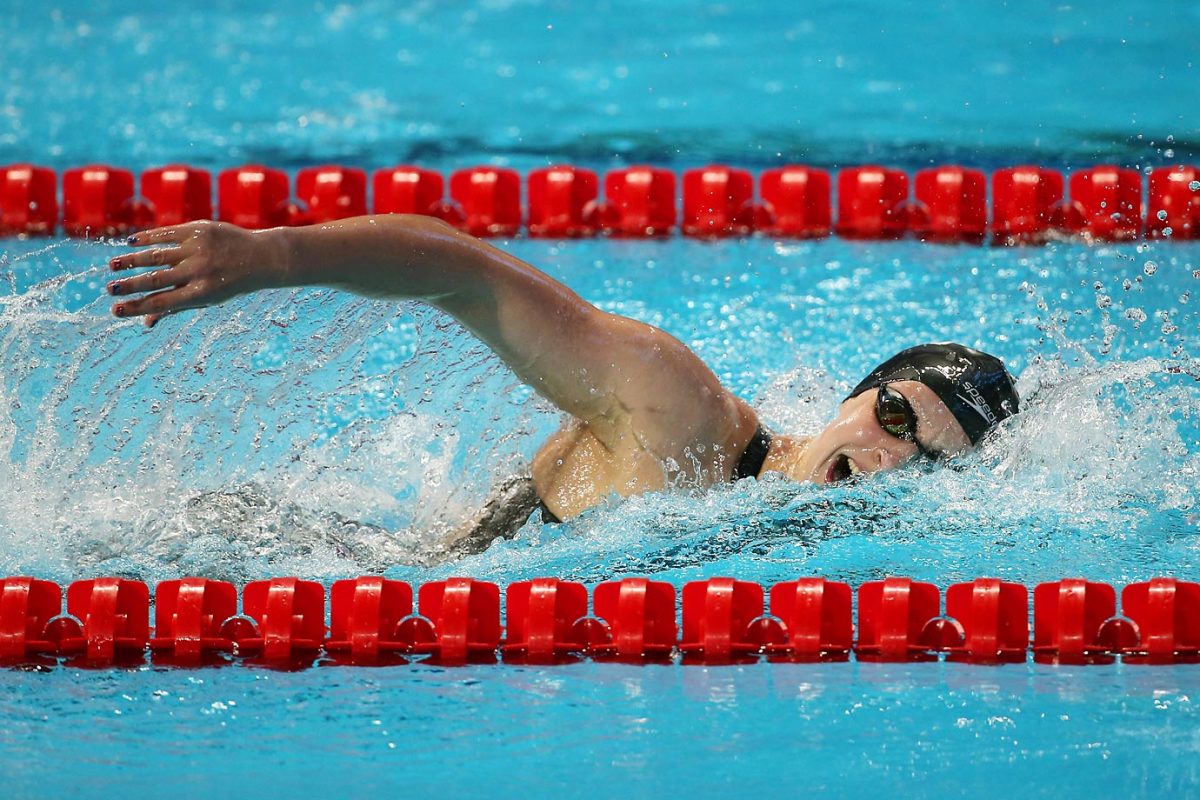
Jordan Spieth, Golf

Katie Zaferes, Triathlon
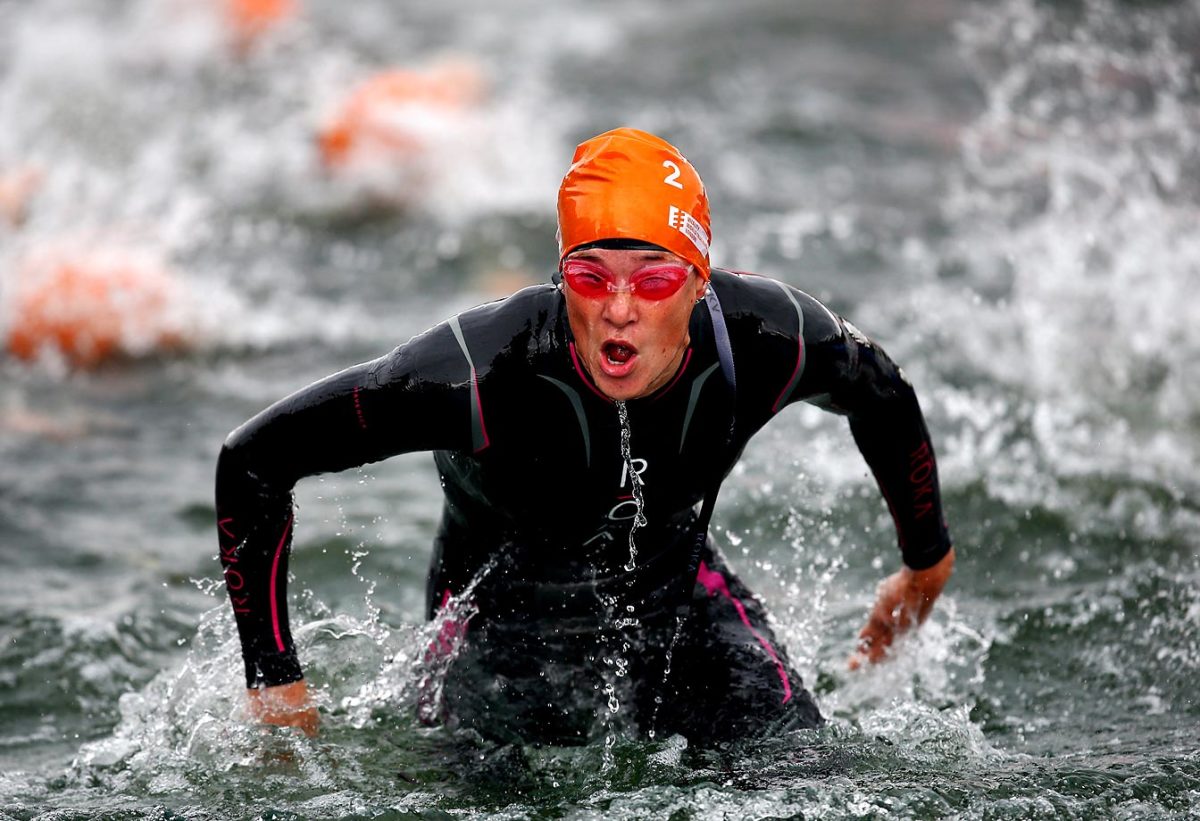
Madison Hughes, Rugby
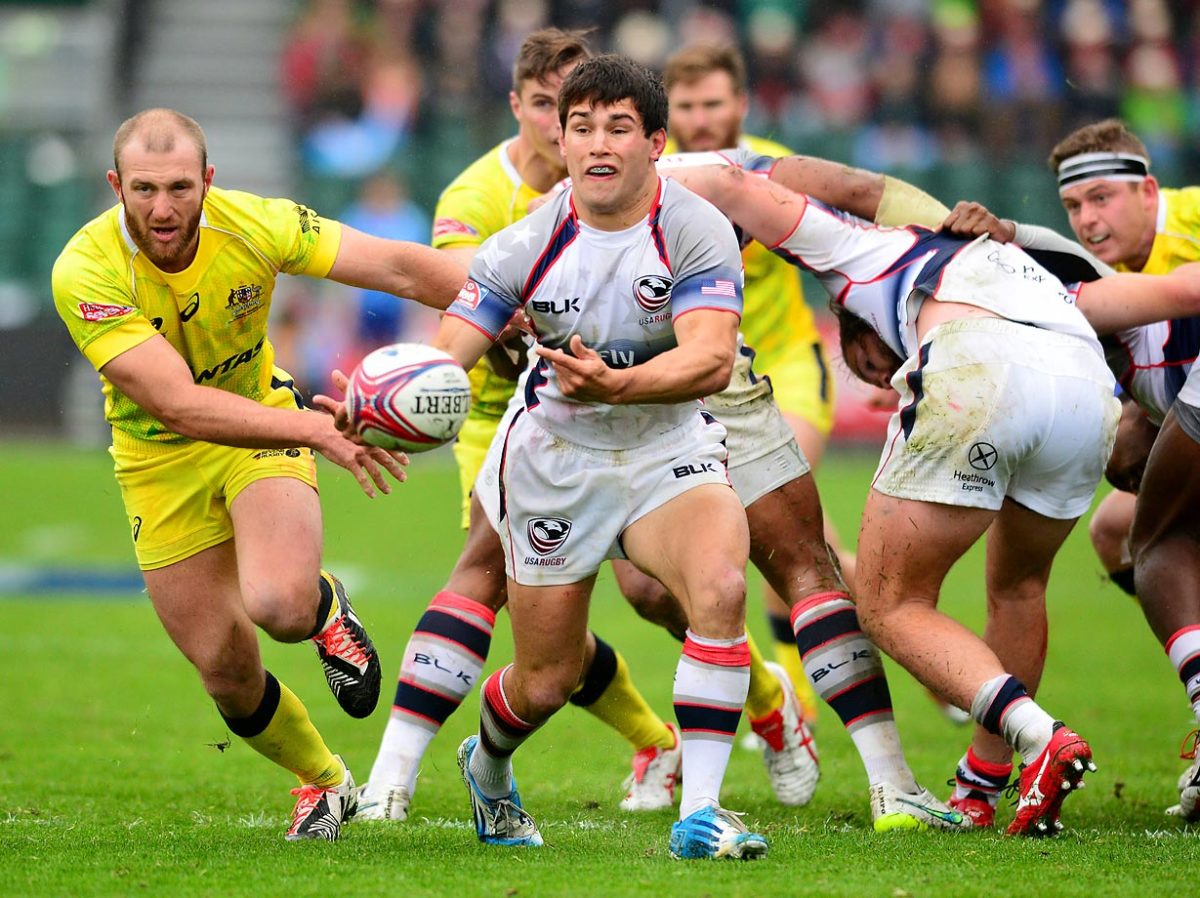
Meb Keflezighi, Marathon
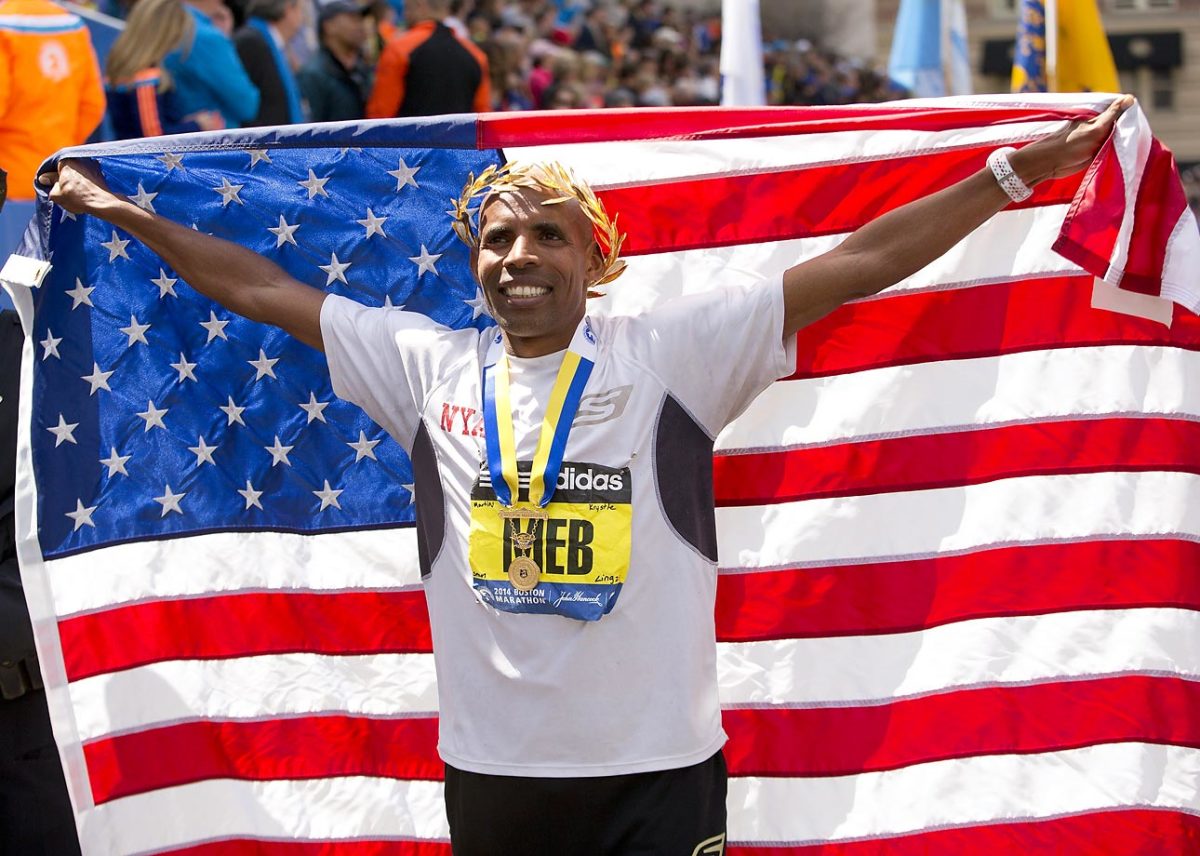
Ryan Lochte, Swimming
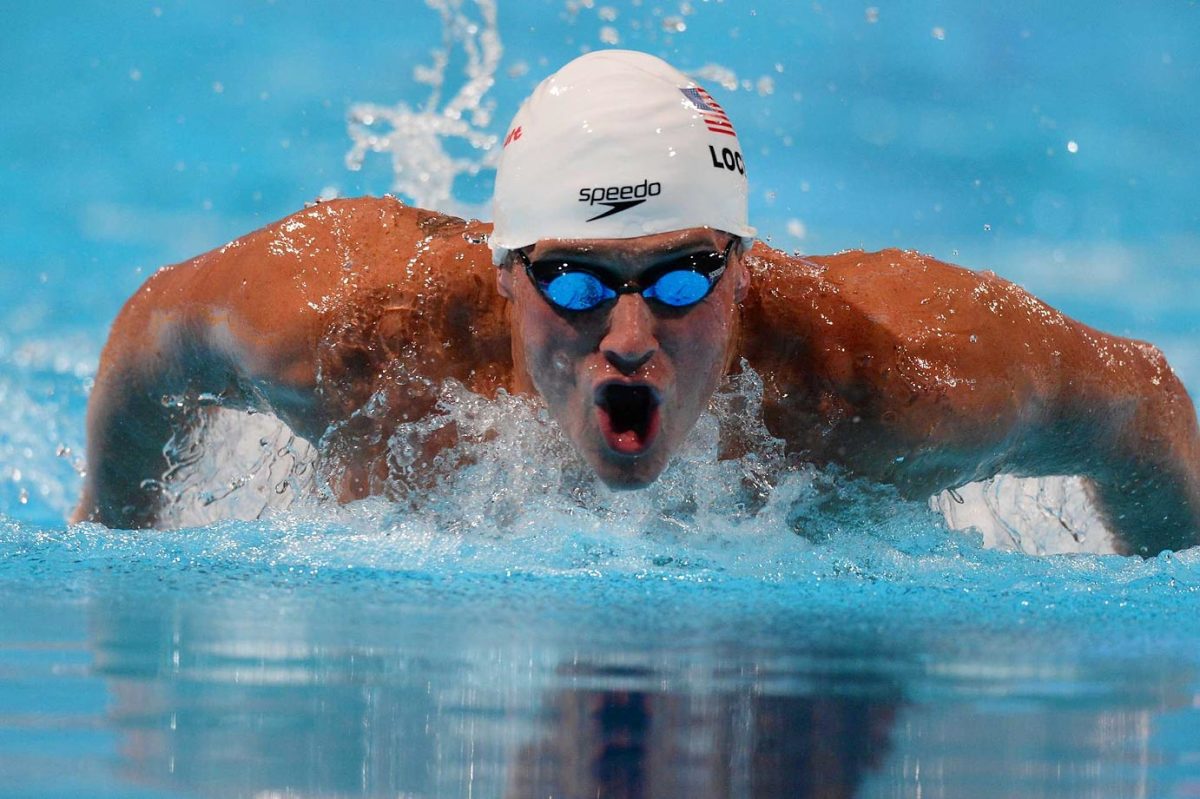
Taylor Sander, Volleyball
